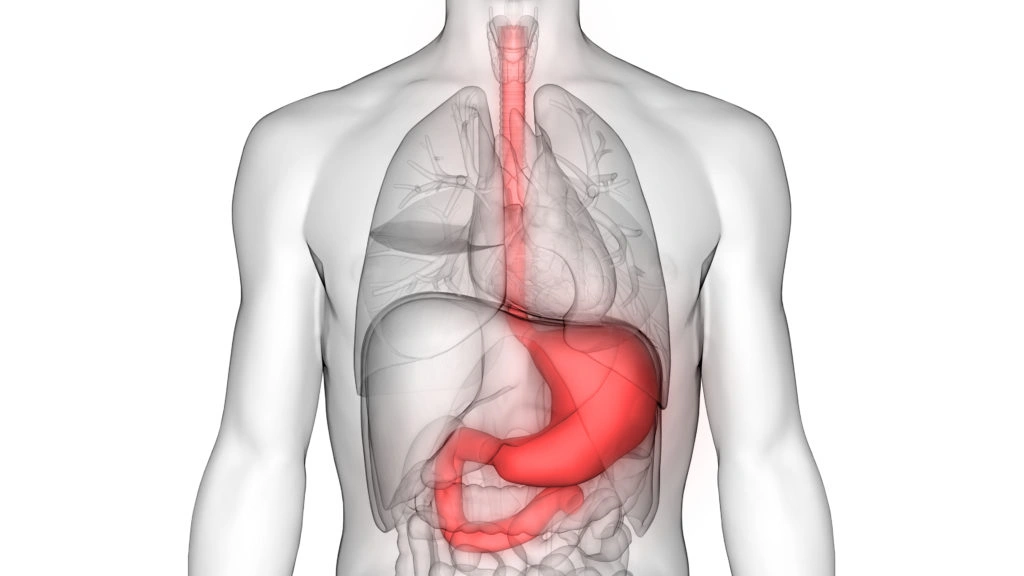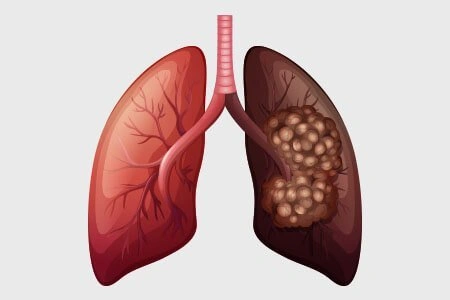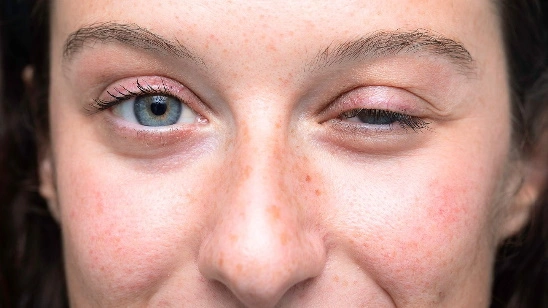Pancreas cancer genetic

If you tested your DNA with a personal genomics service like 23andMe, AncestryDNA, FamilyTreeDNA, MyHeritage or another testing company, you can learn more about your risk factors for hundreds of diseases. By clicking the button above ⬆️, you can upload your raw DNA data file and receive a personalized 250-page health report with research links that is the most comprehensive.
Up to 15% of pancreatic cancers are attributed to gene mutations that are passed down through families. Individuals with a family history of pancreatic cancer are at a significantly higher risk of developing the disease. Research has identified six different cancer syndromes that contribute to inherited pancreatic cancers.
There are numerous factors that have led to a higher likelihood of developing pancreatic cancer. These risk factors include tobacco consumption, being overweight or obese, exposure to specific chemicals in the workplace (such as benzene, petrochemicals, dyes, and pesticides), age, gender, race, family history, inherited genetic syndromes, diabetes, chronic pancreatitis, cirrhosis of the liver, stomach issues, dietary habits, lack of physical activity, and consumption of coffee and alcohol.
It is not widely known that mutations in the BRCA gene can increase the likelihood of developing pancreatic cancer. A study conducted by the Pancreas Center in 2014 revealed that around 10% of pancreatic cancer cases at their facility were linked to breast ovarian cancer syndromes caused by BRCA 1 and 2 mutations. Other studies have shown that the connection between pancreatic cancer and BRCA2 mutations could be as high as 19%. In 2015, Holter et al. conducted research on BRCA mutations in pancreatic cancer patients and recommended broader testing for BRCA mutations in these patients than what is currently recommended by guidelines.
Most cases of pancreatic cancer involve genes such as Kras, CDKN2A, TP53, and SMAD4 [3]. Understanding these key genes has provided valuable knowledge for diagnosing and treating pancreatic cancer. However, the primary driver genes for pancreatic tumors - KRAS (90%), CDKN2A (90%), TP53 (70%), and SMAD4 (55%) - undergo various mutations that lead to the development of pancreatic tumors.
Follow the link of the selected polymorphism to read a brief description of how the selected polymorphism affects Other cancers of the digestive system and see a list of existing studies.
SNP polymorphisms related to the topic Other cancers of the digestive system:
| rs2274223 | There is a 1.9 times increased risk of stomach and oesophageal cancer. |
| rs505922 | There is a 1.2-fold increased risk of pancreatic cancer. |
| rs372883 | The BACH1 polymorphism causes a predisposition to pancreatic cancer. |
| rs9543325 | Pancreatic cancer predisposition locus. |
| rs3790844 | NR5A2 variation is associated with pancreatic cancer risk, especially among Caucasian individuals. |
| rs7190458 | BCAR1 polymorphism is associated with susceptibility to pancreatic cancer. |
| rs11614913 | A variant of the MIR196A2 gene increases the risk of gastrointestinal cancer. |
| rs2259816 | |
| rs9573163 | |
| rs1547374 | |
| rs2255280 | |
| rs5768709 | |
| rs12413624 | |
| rs225190 | |
| rs3016539 | |
| rs9502893 | |
| rs1585440 | |
| rs1000589 | |
| rs9874556 | |
| rs9363918 | |
| rs6464375 | |
| rs4924935 | |
| rs1886449 | |
| rs2257205 | |
| rs12615966 | |
| rs6879627 | |
| rs12456874 | |
| rs6736997 | |
| rs6971499 | |
| rs9581943 | |
| rs1561927 | |
| rs16986825 | |
| rs1169310 | |
| rs7310409 | |
| rs1183910 | |
| rs144848 | |
| rs1047972 | |
| rs12953717 | |
| rs17655 | |
| rs121909229 | |
| rs13181 | |
| rs3746444 | |
| rs11615 | |
| rs1229984 | |
| rs1048943 | |
| rs121908291 | |
| rs521102 | |
| rs9895829 | |
About The Author
Li DaliLi Dali, a National Foundation for Outstanding Youth Fund recipient, is a researcher at the School of Life Sciences in East China Normal University. He earned his PhD in genetics from Hunan Normal University in 2007 and conducted collaborative research at Texas A&M University during his doctoral studies. Li Dali and his team have optimized and innovated gene editing technology, leading to the establishment of a world-class system for constructing gene editing disease models.


